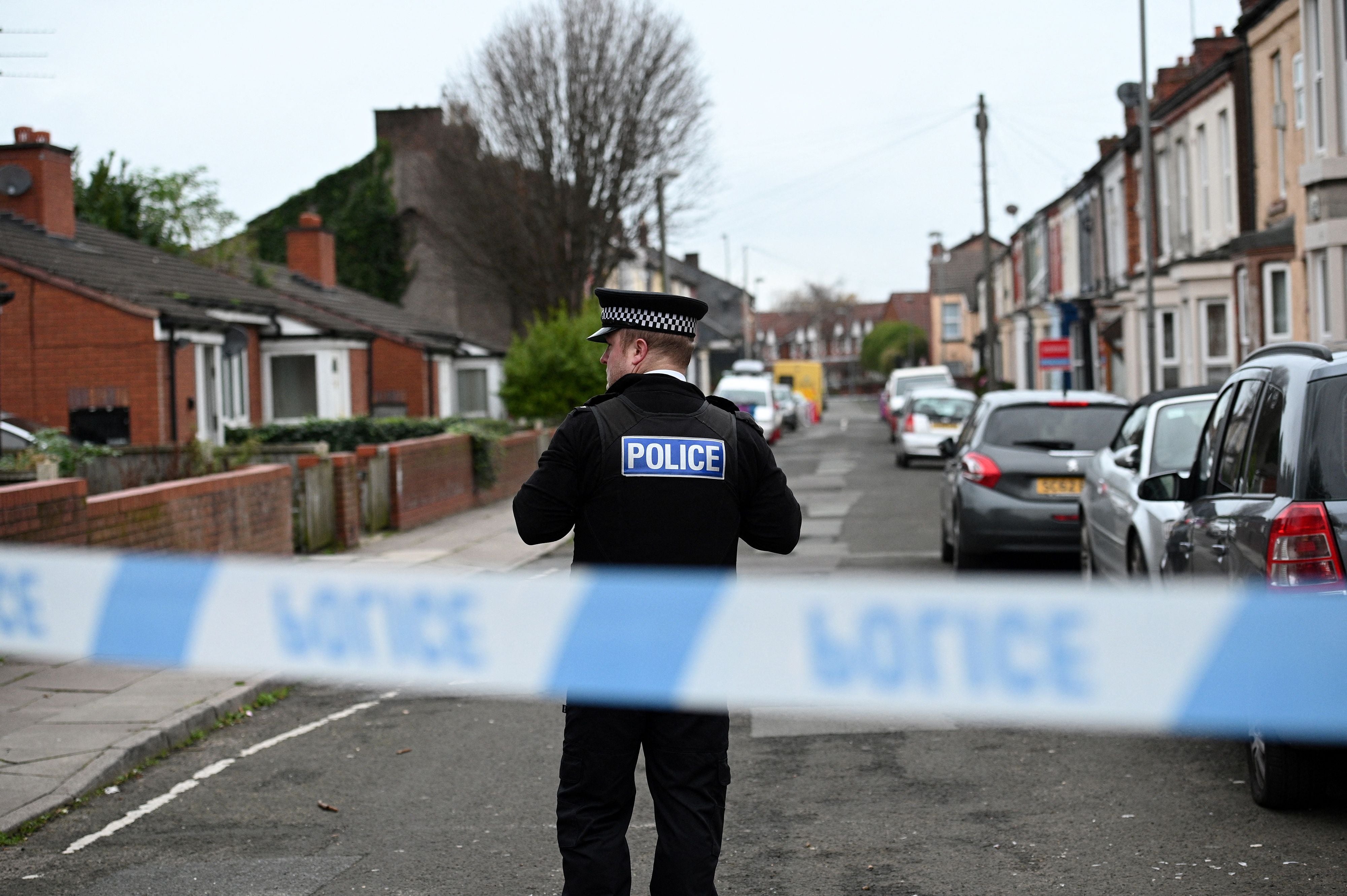Police fear terror threats flying below radar as reports to extremism scheme fall by a fifth
Police believe radicalisation rose during the ‘perfect storm’ of lockdowns, but the number of people flagged has plummeted

Counterterror police fear potential threats may be flying below the radar because of the coronavirus pandemic, after the number of people flagged for radicalisation plummeted by a fifth in a year.
Senior officers had warned of a “perfect storm” for extremism, as lockdown left young and vulnerable people spending more time online amid a “rise in propaganda by all sides”.
But figures released this week showed that the number of people referred to the Prevent counter-extremism programme in the year to March had dropped by 22 per cent, to the lowest level in five years.
Police fear the decrease reflects a fall in reporting, rather than a lowering of the terror threat or the number of people being drawn into hateful ideologies.
It comes as the security services were caught off-guard by two terror attacks within a month, in Essex and Liverpool, and raised the national threat level to severe, meaning further attacks are “highly likely”.
National counterterrorism police believe the closure of schools and colleges prompted by the pandemic caused a substantial drop in reports from teachers.
Det Supt Matthew Davison, of Counter Terrorism Policing North East, said Covid restrictions had “made it more difficult for young and vulnerable people to access support services and significantly reduced contact with those most likely to recognise the early signs of radicalisation”.
“Now, more than ever, young people are spending more time online, where they are exposed to a greater risk of radicalisation by those groups looking to exploit uncertainty and attract new followers,” he added.
“This was particularly true during the height of the pandemic, when a loss of contact with close friends, teachers and mentors drove people to online platforms as one of the few ways they could connect with others.”
In 2020-21 there were 4,915 referrals to Prevent, down 22 per cent on the almost 6,300 seen the previous year.
A Home Office document said: “This decrease is likely to have been driven by the effects of public health restrictions that were in place throughout the year to control the spread of the Covid-19 virus.”

Around half of referrals were over a “mixed, unstable or unclear ideology, which can include people with a mix of influences or those who are obsessed with violence who do not target a particular group”.
A quarter of people were flagged over suspected right-wing extremism, and 22 per cent over Islamist radicalisation concerns.
A fifth of referrals resulted in no further action, while half were referred to other services such as mental health and education support.
Around 27 per cent of people were considered for ideological mentoring under the Channel programme.
Supt Vicky Washington, the national coordinator for Prevent, said: “We have long warned that a ‘perfect storm’ of factors would potentially lead more young people to engage with extremist content online, and potentially follow a path towards terrorism.
“The increase in extremist material online, and Covid-19 leading to vulnerable people spending more time isolated and online, and with fewer protective factors around them, meant that we were always concerned that people who needed our help would not be receiving it.
“Unfortunately that prediction appears to have been proven correct, with child arrests for terrorism offences reaching an all-time high at the same time as numbers of young people being protected against radicalisation by the Prevent programme fell to their lowest.”
She called for parents, friends and family members to learn how to spot if a child is being “groomed by extremists” online.
In December 2020, the then head of UK Counter Terrorism Policing also described Covid as a “perfect storm about isolation, online media, the young and complex psychological needs”.
Neil Basu, who has since left the role, told The Independent the situation was “incredibly worrying”.
“Radicalisers are trying to find vulnerable, malleable people who are easily seduced into this kind of stuff,” he said. “We have seen a rise in propaganda by all sides.”
The senior officer said arresting and jailing terrorists “wasn’t the cure” for the threat, adding: “The cure for this is getting them before radicalisers really get to grips with them and steering them to a different path in the pre-criminal space.”
Prevent is currently subject to a review, which is expected to report back by the end of the year after being beset by delays and controversies over alleged bias.
Ministers announced in January 2019 that the programme would be overhauled, following years of accusations that it was stigmatising Muslims and stifling free speech in schools and universities.
There are also questions about its effectiveness, after it emerged that several terrorists had previously been referred to Prevent over suspected radicalisation, as had numerous extremists later jailed for plotting attacks.
Join our commenting forum
Join thought-provoking conversations, follow other Independent readers and see their replies
Comments


Bookmark popover
Removed from bookmarks